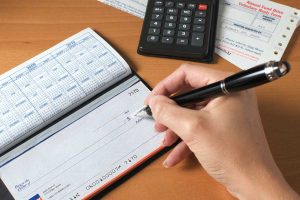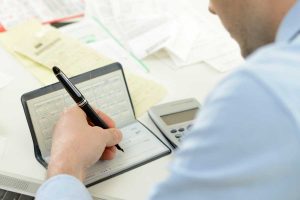If it's the weekend and the banks are closed, then cashing a check can be difficult. But can you go to a local ATM and cash a check? What if you don't have a bank account with that bank? Let's take a look.
There are some ATMs that will cash a check even if you don't have a bank account with that bank. However, there may be some fees associated with this. And not all ATMs have this capability, so it's best to do some research ahead of time.
If you are in a bind and need to cash a check when the banks are closed, then finding an ATM that can do this may be your best bet. In this article, we will discuss the factors that you need to consider when trying to cash a check at an ATM. In addition, we will answer other frequently asked questions about cashing a check, so read on!
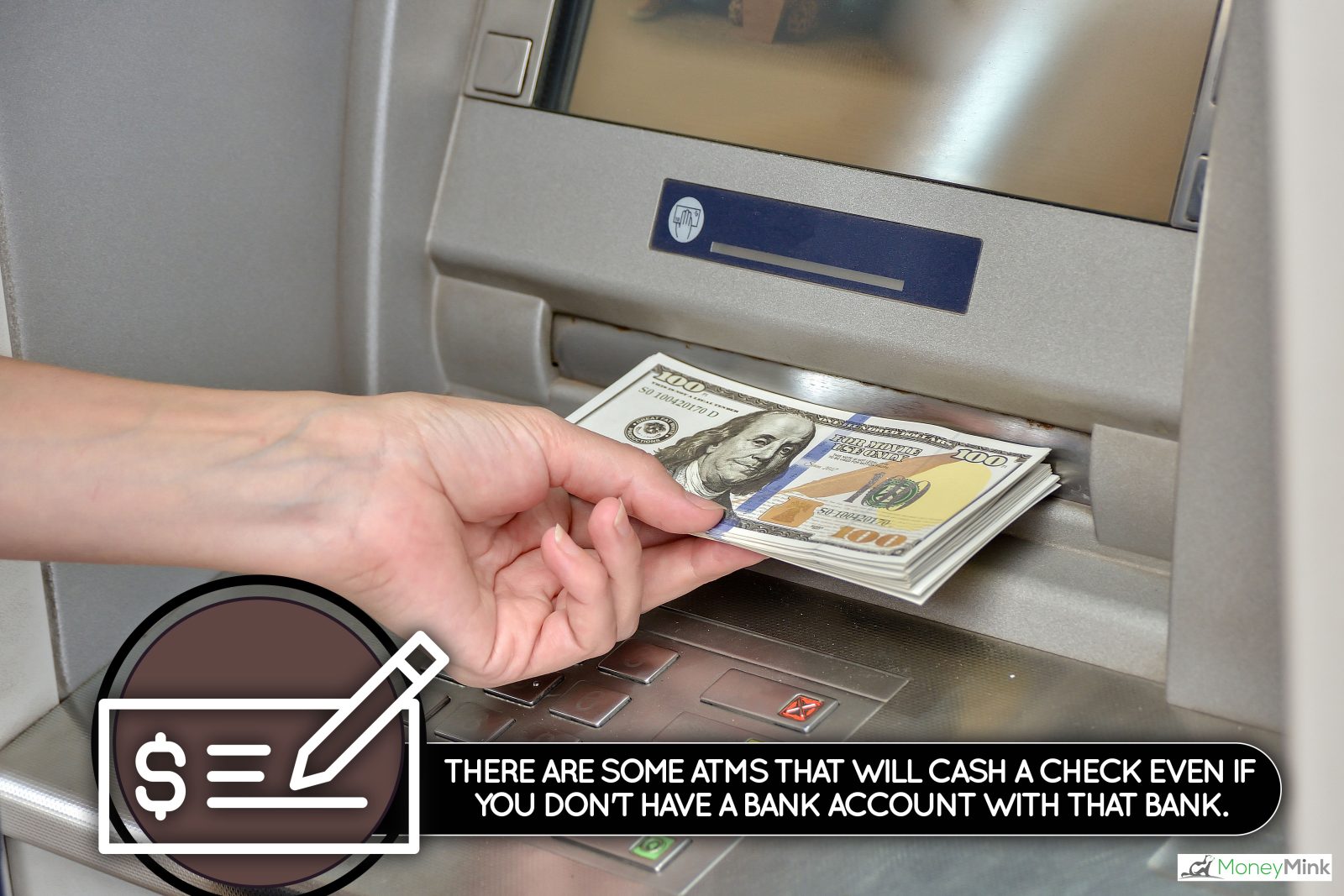
Will An ATM Cash A Check If You Don't Have A Bank Account?
A majority of the time, cashing a check is a straightforward process. However, banks are closed on Sundays, and most are only open part of the day on Saturdays.
It can make it more difficult if you don't have a bank account at all. There are some ATMs that will cash checks. However, there are factors that you should take into account.
Let's take a look at them below:
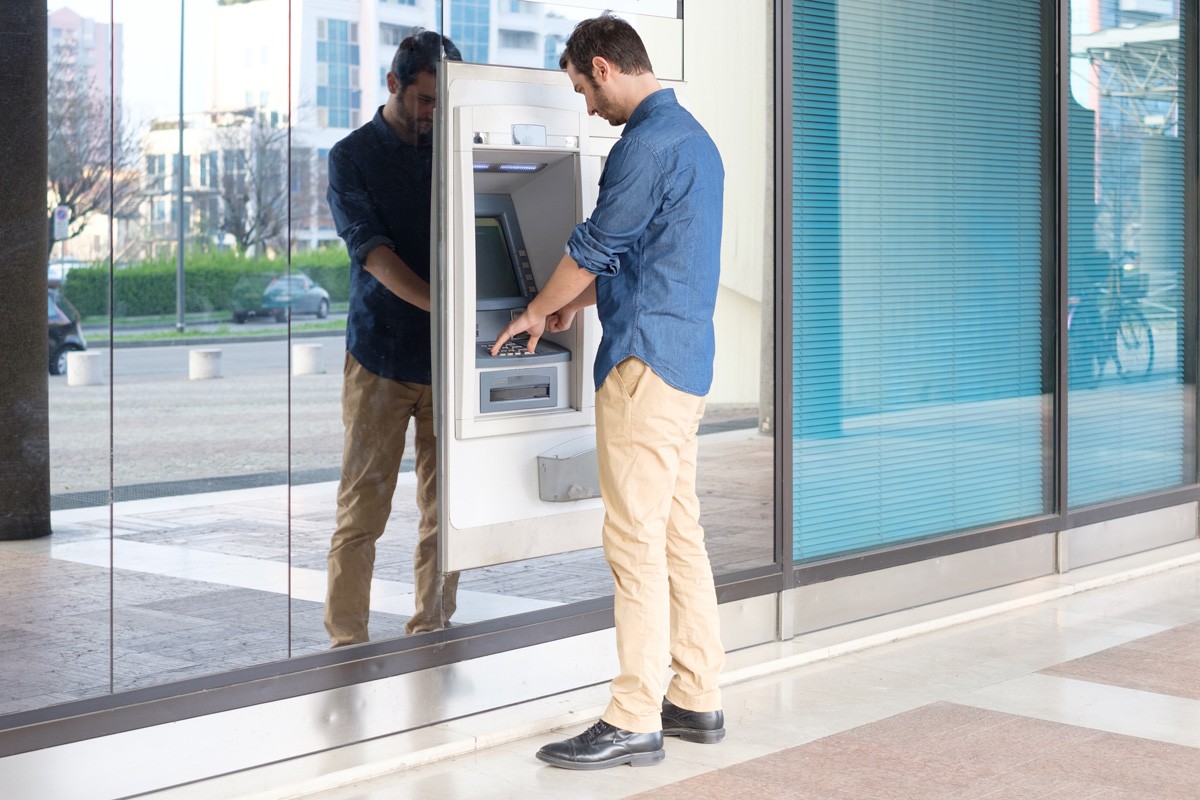
Type Of Check
Back in the day, personal checks could be cashed almost anywhere. It didn't matter if you had an account with the bank or not. Nowadays, this is not the case. The type of check that you have will play a big role in whether or not it can be cashed at an ATM.
There are three types of checks: cashier's, certified, and personal. Out of these three, cashiers' checks and certified checks can typically be cashed at an ATM without having to have an account with the bank.
Personal checks may be able to be cashed at an ATM if the check is issued by the same bank that owns the ATM. This is because the bank can verify that the check is valid and that there are sufficient funds.
However, if a different bank issues the personal check, then it's unlikely that it will be able to be cashed at an ATM.
Bank Card Is Required
Some ATMs will require a bank card whether you have an account with the bank or not. A bank card is also known as a debit card. This is the card that you use to access your bank account.
The machine will need to be able to verify that the check is valid and that there are sufficient funds. In order to do this, the ATM will require your bank card. If you don't have a bank card, you may be unable to cash the check at an ATM.
Location Of ATM
Where the ATM is located could also determine whether or not you're able to cash a check. For example, a grocery store might have a surcharge-free ATM. However, they will only cash checks for people who have an account with that particular grocery store.
On the other hand, some banks will have ATMs located in different businesses. These machines may be able to cash a check regardless of whether or not you have an account with the bank.
It's important to do your research ahead of time so that you know what to expect.

Where Can You Cash A Check Without A Bank Account?
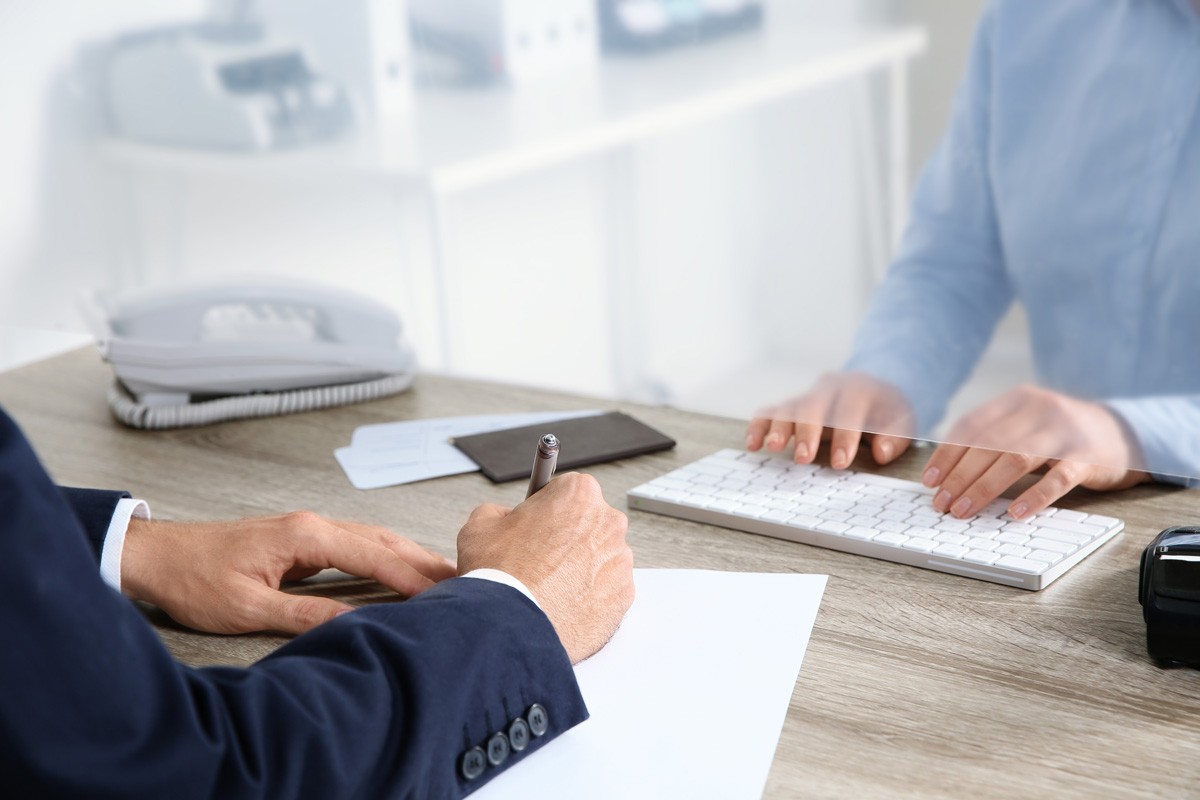
If you can't find an ATM, there are other ways to cash a check without a bank account. Let's discuss each one below:
Check-Cashing Store
A check-cashing store is a business that will cash your check for a fee. The fee is typically a percentage of the total amount of the check. For example, if you have a $100 check, the fee might be $5.
Keep in mind that not all businesses are created equal; some will charge higher fees than others. It's important to compare the rates before you decide on a particular business.
Nonetheless, this is a great option if you need cash fast. All you need is a form of identification, and you'll be able to walk out with the cash that you need.
Prepaid Debit Card
Another option is to get a prepaid debit card. With this method, you'll be able to deposit the check into your account. Once the funds have been deposited, you can then use the card to make purchases or withdraw cash.
One thing to keep in mind is that there may be a fee associated with this method. For example, you could be hit with charges for transactions, withdrawals, balance inquiries, and other activities.
Be sure to read the terms and conditions carefully before signing up for a particular card. That way, you'll know exactly what you're getting yourself into.
Issuing Bank
Take a look at the bank that issued the check. If there is a local branch, you may be able to cash the check there even if you don't have a bank account with them.
They can check if there are sufficient funds and if the check is valid. However, they may charge a fee for this service. However, some banks and credit unions won't charge a fee if the amount is below a certain amount.
In some cases, a check under $25 may be free to cash.
Major Retailers
There are several major retailers that offer check-cashing services. For example, Walmart will cash a check if it is within its policies.
The amount major retailers will cash will depend on the type of check. Typically, personal checks will have a lower limit than government or payroll checks.
Give them a call before you go so that you know exactly what to expect.
Grocery Stores
Some grocery stores and convenience stores will also cash checks. The restrictions on what type of checks they will cash will vary from store to store.
Some stores may only cash certain types of checks, such as payroll or government checks. Others may be more lenient and will cash personal checks as well.
There may also be a limit on how much you can cash and more than likely, there will be a fee.
Sign The Check Over
The last option would be to sign the check over to someone you trust. They can then go and cash the check for you and give you the cash.
For example, if you received a personal check for mowing a lawn but don't have a bank account, you could sign it over to a friend or family member. This is a common practice when someone doesn't have a bank account and needs cash right away.
Just remember that once you endorse the check to someone else, the other person has access to that money. So make sure it's someone you trust.
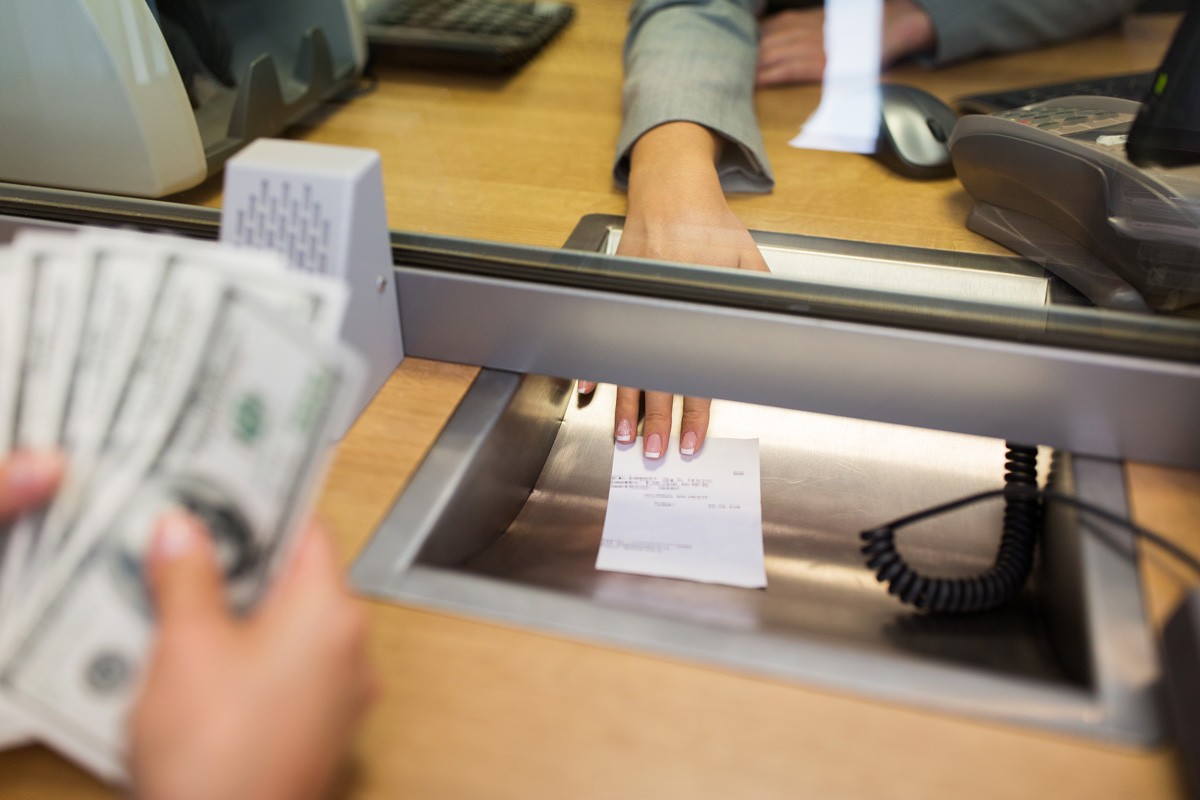
How Do ATMs Verify Checks?
ATMs verify checks by using what is called OCR technology. This stands for Optical Character Recognition. In short, the ATM uses a scanner to take a picture of the front and back of the check. It then converts the check into an electronic file which is then sent to the bank for verification.
The bank will then verify that the account has sufficient funds and that the check is not fraudulent. If everything checks out, the ATM will dispense cash or deposit the funds.
Why Would An ATM Reject A Check?
There are a few reasons why an ATM would reject a check. One of the most common reasons is due to the check not having magnetic ink. This ink encodes the routing and account number on the bottom of the check. Without this information, the ATM won't be able to process the check.
Another reason is that you don't have a bank account with the ATM's financial institution. In order to use an ATM, you typically need to have an account with that bank.
If you run into either of these issues, then try one of the options above.
When You Deposit A Check In An ATM Are The Funds Available Immediately?
Banks aren't required to make the funds available immediately. When the funds are available are at the discretion of the bank's policies.
This could mean that the funds are available in one business day or five business days. If you need the cash readily available, then check your bank's policies so you know what to expect.
Final Thoughts
Cashing a check can be tricky if you don't have a bank account. But there are still options available to you. You can also open a checking account to avoid fees associated with check cashing.
Made it to the end? Here are other articles you might enjoy:
Do You Endorse A Check In Cursive?


